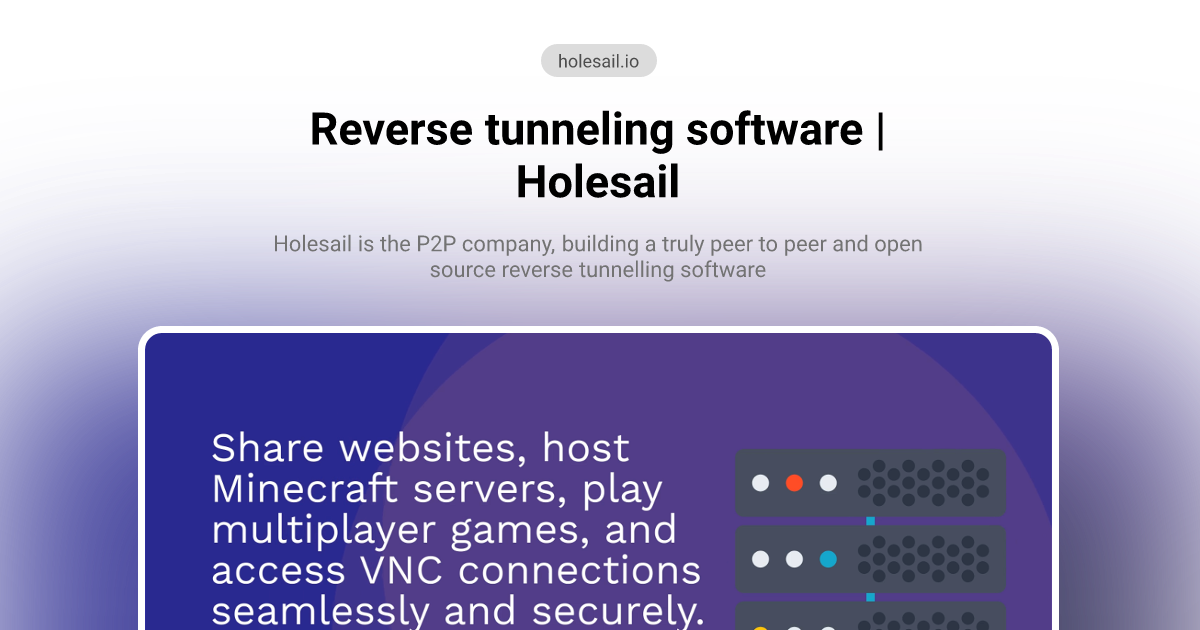- 37 Posts
- 286 Comments

 12·4 months ago
12·4 months agoYes quite a few as other commenters have indicated. Another good one is !boinc@sopuli.xyz. BOINC is an open source platform for volunteer computing that also has hundreds of scientific papers and citations under its belt. There are BOINC projects for medical research, space research, math, you name it, there’s probably a BOINC project for it. Anybody can start a BOINC project and you choose which projects you contribute CPU/GPU time to. You can pick more than one at a time. You may recognize some of the people hosting BOINC projects: Large Hardon Collider, Max Planck Institute, University of Washington Institute for Protein Design, etc

 514·4 months ago
514·4 months agoFirefox user and evangelist of over a decade. Fuck Firefox for this.
Instead of trying to clone, it may be easier to:
- Install Fedora to new drive
- Reinstall any packages you modified from base install
- Copy over your home directory including hidden directories, plus /etc
You may know me as a Bitcoin educator and engineer.
Yeah well, in that case, fuck you and the hypercapitalist horse you rode in on.
This guy is a protocol engineer, talking about protocols. You may not like like Bitcoin, but it’s pretty hard to argue it’s not one of the most successful, widely-used, and forked open source protocols developed in the last several decades. Bitcoin core is in the top 100 starred repos on Github. It has a unicode character.
Bitcoin’s market cap (> 1 trillion USD) is bigger than Sweden’s GDP and it moves billions of dollars around the world every year. You can use it to send money to anybody with a phone and a halfway reliable internet connection in under a second for pennies in fees, and it settles instantly. And it’s been working for 15 years without a single hour of downtime, bank holiday, or hack despite pandemics, wars, financial crises, and attempted bans by global powers.
Like, be mad if you want, but it’s a pretty successful and robust protocol. And if you don’t like it, you can fork it and change it, because it’s open source.
Sure, you can run one, good luck getting even a halfway decent delivery rate to mailboxes at any major mail provider. Even if they never receive a spam message from your server, your server is an “unknown” which counts against you. And if one person in your small company of 10 or 100 or even 1000 people gets their e-mail hacked and sends spam? Prepare for the rest of them to get punished for it. Running an SMTP server is a nightmare which is why, over time, more and more of the economy has just shifted their SMTP servers to organizations who professionally run SMTP servers instead of having their own.
It would be annoying to lose your instance, true, but you just move to another or roll your own.
This is a problem nostr solved, and I believe bluesky solves as well though idk as much about the protocol. On nostr, your identity and your instance are different things. Relay goes down? There’s no meaningful impact to you. You’re typically connected to several, each of which store your content. You identity isn’t username@somerelay dot com, it’s just username.
As a user, I had this happen to me early in mastodon and it was very frustrating to lose all my follows, followers, tweets, settings, etc. I realize there’s now ways to manually backup etc but properly moving an account requires a cooperative instance which can’t happen if it’s de-federated or just drops offline randomly like mine did.
The Fediverse and ActivityPub will continue to evolve, but unlike SMTP, they were created after the internet became adversarial. This author isn’t the first to try to fearmonger over the future of AP, and they won’t be the last.
This isn’t fearmongering, it’s him reviewing the ways SMTP tried to solve the spam problem and became centralized as a result. These questions of how we tackle spam and moderation are valid, important questions. And Fediverse, at a structural level, is basically the same as SMTP. We have users at instances (e-mail hosts), they can send messages/tweets/links (emails) to users on other instances. Each instance is free to accept/reject messages from other instances based on their own criteria. That’s the whole thing. That’s exactly how SMTP works.

 11·5 months ago
11·5 months agoA lot of OSS projects and small non-profits? Yes. The cost to entry is “be willing to volunteer” and very few people pay that cost so basically anybody can get in. These aren’t exactly competitive positions. And if they improve the software honestly idk if they’re a shaman healer or whatever. I care about the software. As long as their energy healing garbage isn’t somehow getting into the software who cares?
And didn’t know it’s possible to defederate an email provider.
It absolutely is, your mail provider “de-federates” aka blocks mail from plenty of other e-mail providers.
Agreed :)
This is an instance moderation problem. If you’re letting spammers in, you need to use a better application process or something similar to that. A big problem with email spam is that most email services allow anyone to sign up for free without any checks.
Which is one reason, this author is arguing, that e-mail has become so centralized. Doing that kind of manual moderation and curation is expensive, the bigger instances out-compete the smaller ones who don’t have as much resources to dedicate to it. As more and more instances get “de-federated” for not having as good of anti-spam measures as the bigger instances, more users will sign up at big instances to avoid defederation risk. Just like how many people use gmail simply because their email delivery rate is so good. If I send from g-mail, there’s very few servers which will reject my message or throw it in the spam folder. I’d love to run my own mail server, but even as a dedicated sysadmin it’s impossible to get decent delivery rates.
The more anti-spam checks we have, yes we weed out spam, but we also make it accessible to less users as well.
AP has been blessed so far with not having to fight too much spam. Look at very popular, very centralized, very resourced platforms like Facebook, spam is still a problem on their platform despite massive resources put towards fighting it.

 21·5 months ago
21·5 months agoBut as you experience more you do know more
About some things. You also lose knowledge with time as well as mental acuity. The brain is a leaky memory storage device.
Don’t email spammers just spoof the domain or send without a domain?
They do both, depending on the spammer and the type of spam they send. In e-mail, you have an e-mail server, you can use it to send mail to users on other e-mail servers. Each e-mail server can choose to accept or reject email from other e-mail servers based on whatever reason they want. AP/Lemmy/Mastodon is basically identical to this. I’m not sure how exactly bluesky is setup but I get the impression it’s similar. In Nostr, servers aren’t federated (each relay is seperate, if you want to send/recieve content to another user on a different relays you just talk to that relay directly instead of having “your relay” act as an intermediary), but the structure is still pretty similar.
Nostr does have this hashcash type system (requiring proof-of-work to weed out spam), but I haven’t come across any relays that actually enforce it, it will be interesting to see if that changes in time. I also saw a GitHub issue about adding something similar to AP but I think they chose not to implement it.
Domains aren’t free and I don’t think it’s worth it for them to buy a new domain to just be able to spam for a short time again.
Literally what e-mail spammers do.
Agreed defederating can help solve obviously malicious instances, it doesn’t solve spammers abusing good instances. E-mail and AP are very similar at a protocol structure level.
deleted by creator

 8·5 months ago
8·5 months agoA. I wouldn’t because that implies by being around longer I know more or am more right about some things than young people. I’ve accumulated knowledge, but that doesn’t mean anybody should listen to what I have to say or that I’m wiser. There are certainly times that is true, but it’s also true that we have a lot to learn from them and we should listen to them.
B.
- Health is your greatest wealth.
- Love is the answer and all that matters. Be good to others
- Stay humble
- Stack sats

 2·5 months ago
2·5 months ago

 4·5 months ago
4·5 months agoYou may want to look into Qubes, it can natively route an entire OS through Tor. Note that routing all your traffic may hurt your anonymity. For example, there what if an app on your machine reaches out to somewhere and reports the serial number of a piece of hardware and it does it through your “anonymous” Tor connection? Virtualizing that hardware can help avoid that. Think through your threat model.
I always think in terms of time, and I have a spreadsheet to track my “actual hourly” i get from work and side hustles so I can know which are working best for me. When evaluating items to buy, I think about how much time it would take me to buy the item instead of the amount in dollar or whatever since the dollar’s value changes with time. This also helps me because I generally try to not think in USD to begin with since I mostly use Bitcoin. At first, I tried thinking in BTC but it’s volatile enough that this is not much any better than thinking in USD. Tying things to hours makes more sense. If you know your “average hourly” it’s easy to determine whether or not to fix something yourself or hire somebody else to do it.

 6·5 months ago
6·5 months agoDecentralized & federated networks: Lemmy, Mastodon, Nostr, Freenet, I2P, etc








Not a distro but Qubes. Incredible security and privacy out of the box. Not for everyone but absolutely one of the most interesting developments in the OS world in the past decade or two.